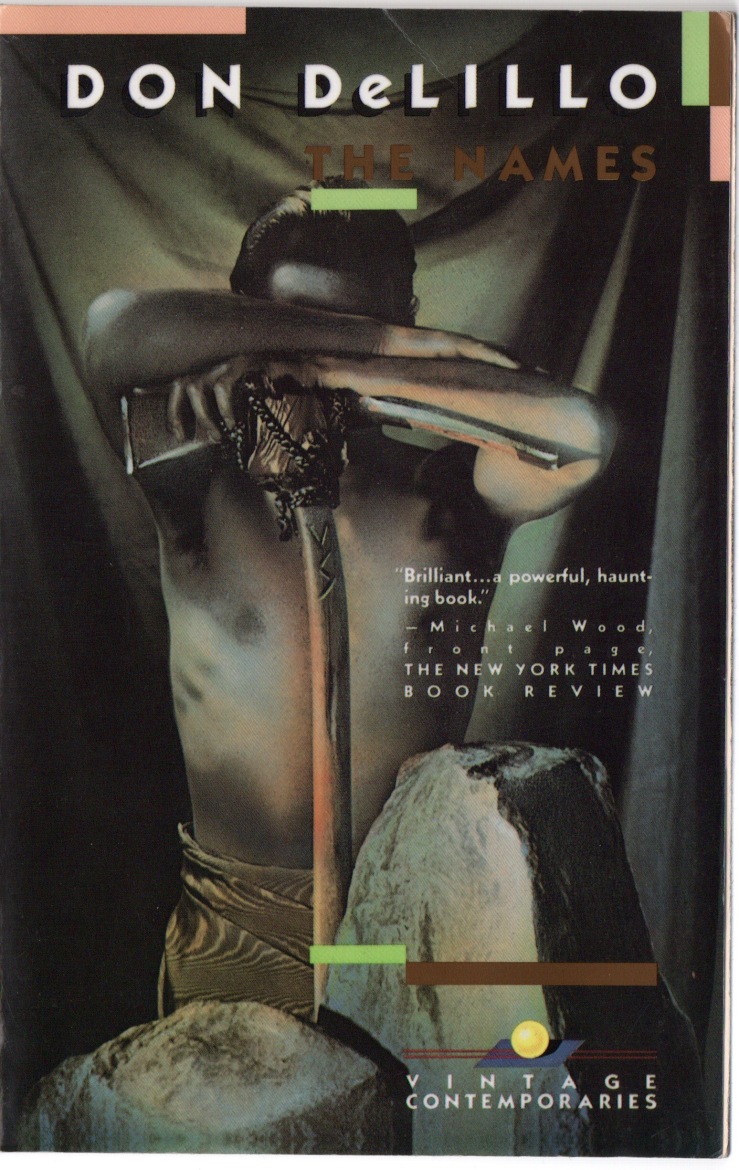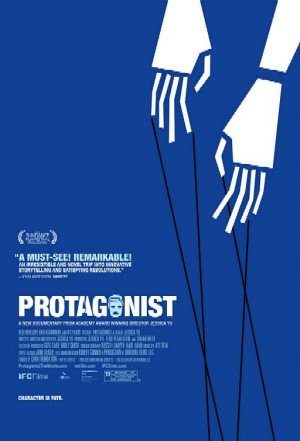Terror. This is the subject she chose. In Europe they attack their own institutions, their police, journalists, industrialists, judges, academics, legislators. In the Middle East they attack Americans. What does it mean? She wanted to know if the risk analyst had an opinion.“Bank loans, arms credits, goods, technology. Technicians are the infiltrators of ancient societies. They speak a secret language. They bring new kinds of death with them. New uses for death. New ways to think about death. All the banking and technology and oil money create an uneasy flow through the region, a complex set of dependencies and fears. Everyone is there, of course. Not just Americans. They’re all there. But the others lack a certain mythical quality that terrorists find attractive.”
“Good, keep going.”
“America is the world’s living myth. There’s no sense of wrong when you kill an American or blame America for some local disaster. This is our function, to be character types, to embody recurring themes that people can use to comfort themselves, justify themselves and so on. We’re here to accommodate. Whatever people need, we provide. A myth is a useful thing. People expect us to absorb the impact of their grievances. Interesting, when I talk to a Mideastern businessman who expresses affection and respect for the U.S., I automatically assume he’s either a fool or a liar. The sense of grievance affects all of us, one way or another.”
“What percentage of these grievances is justified?”
I pretended to calculate.
From Don DeLillo’s novel The Names.


